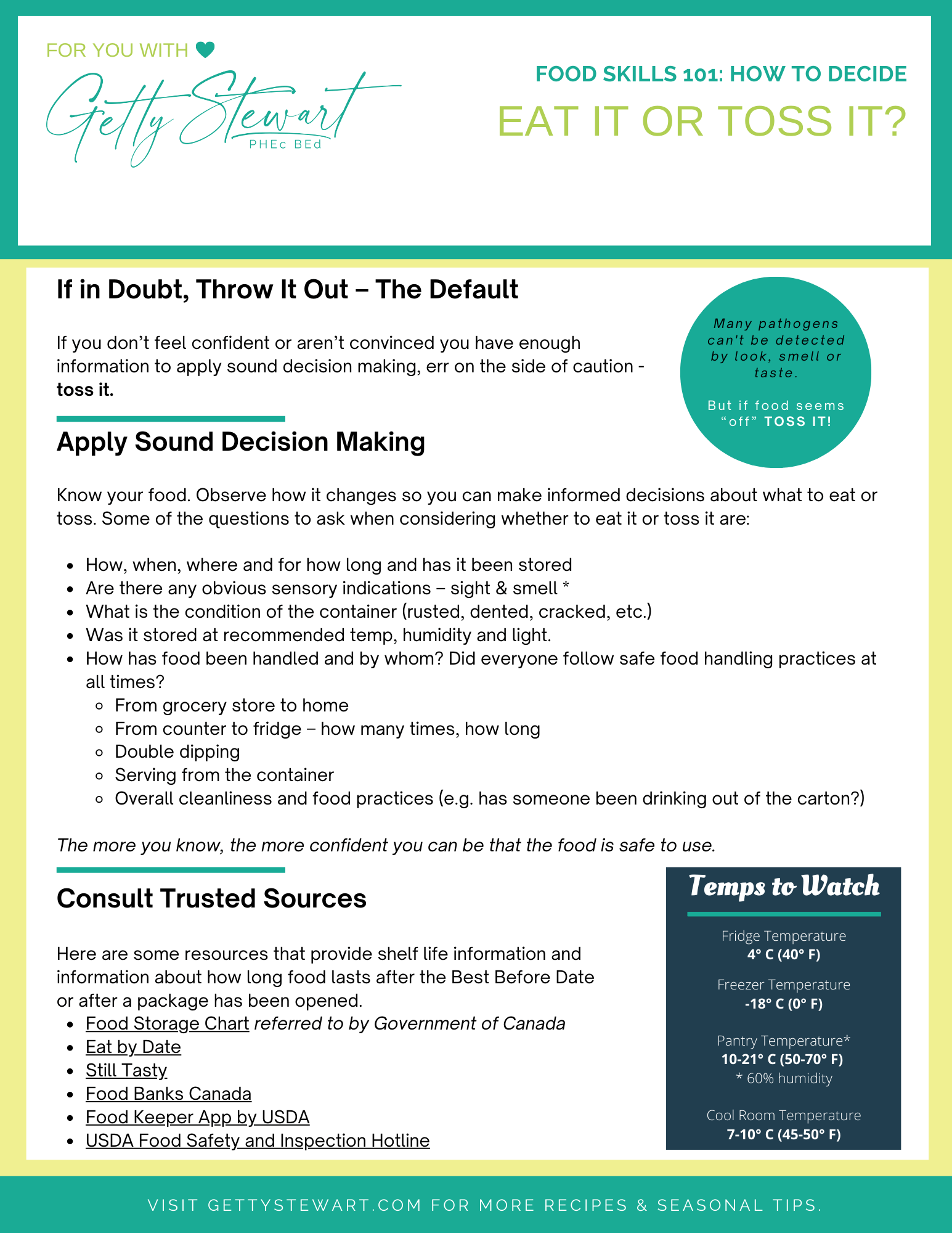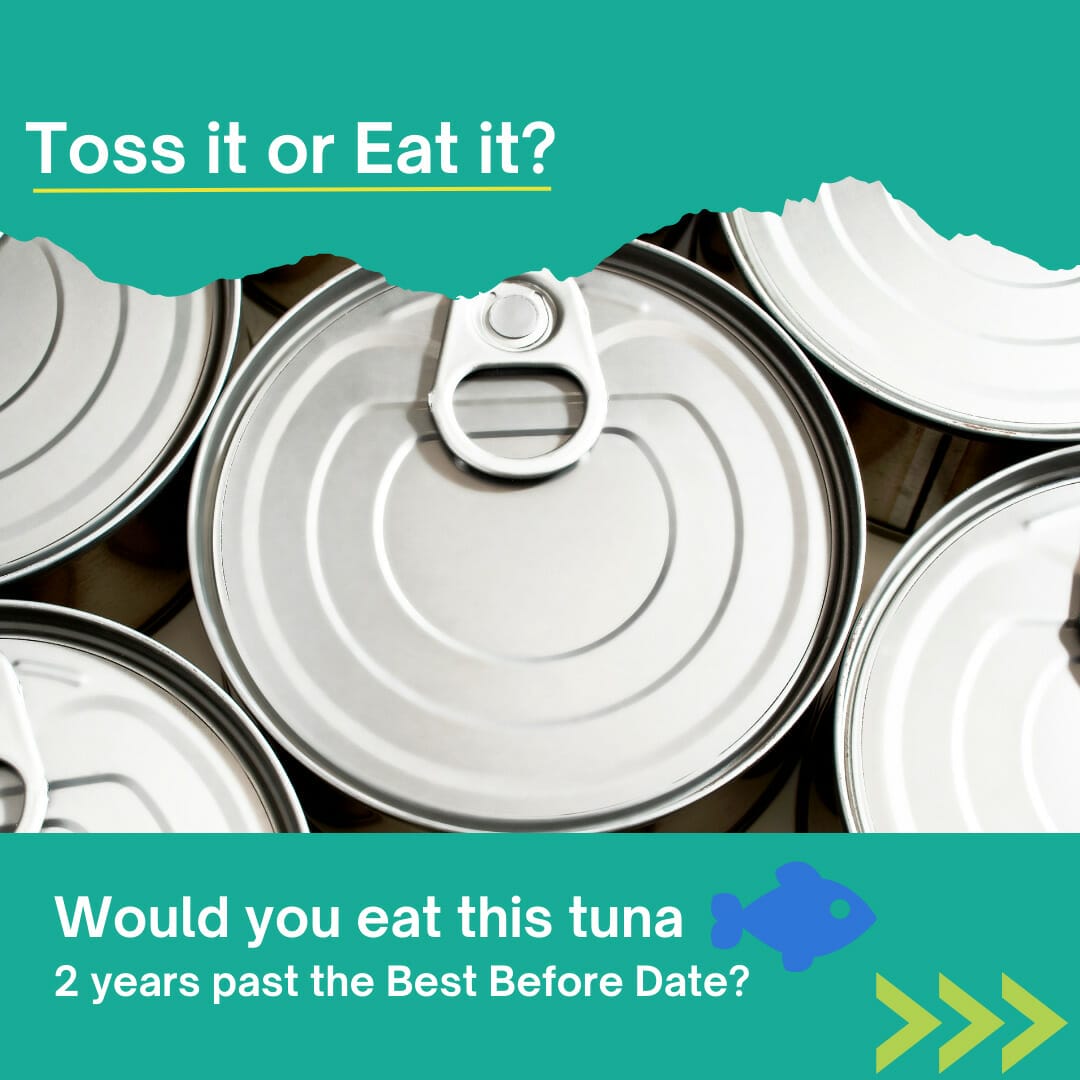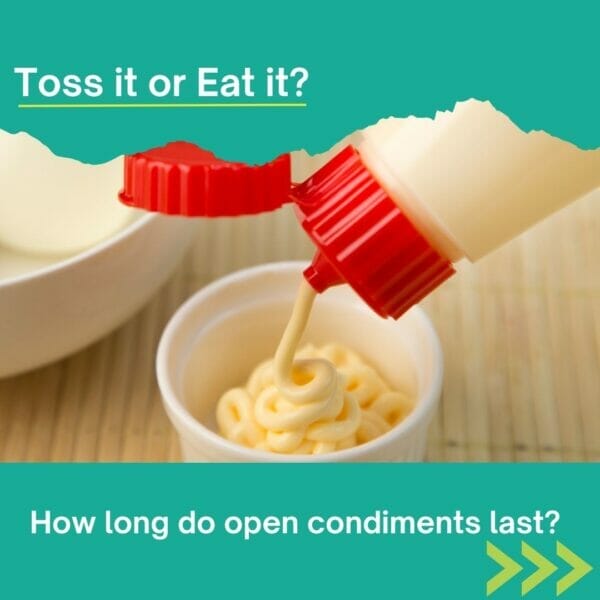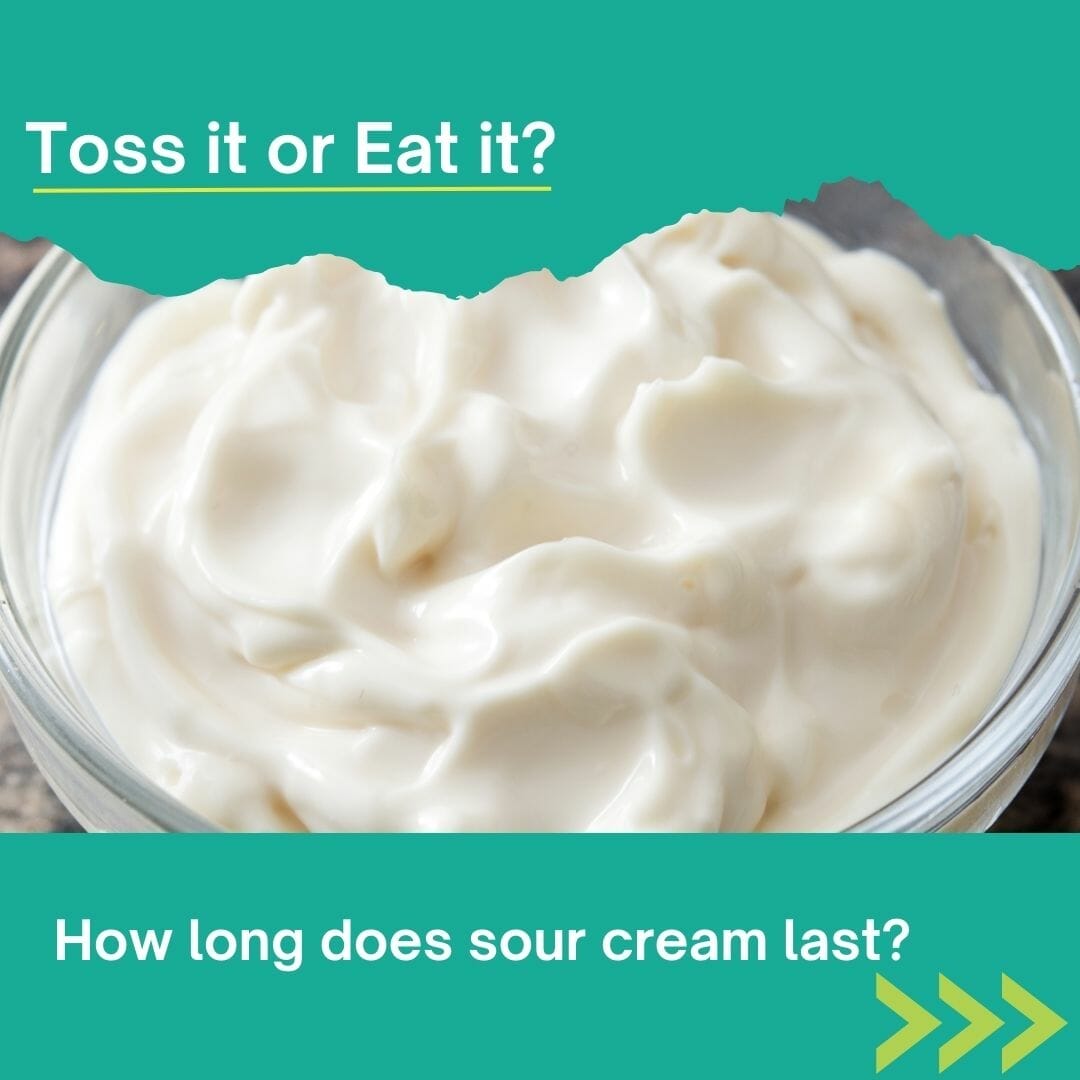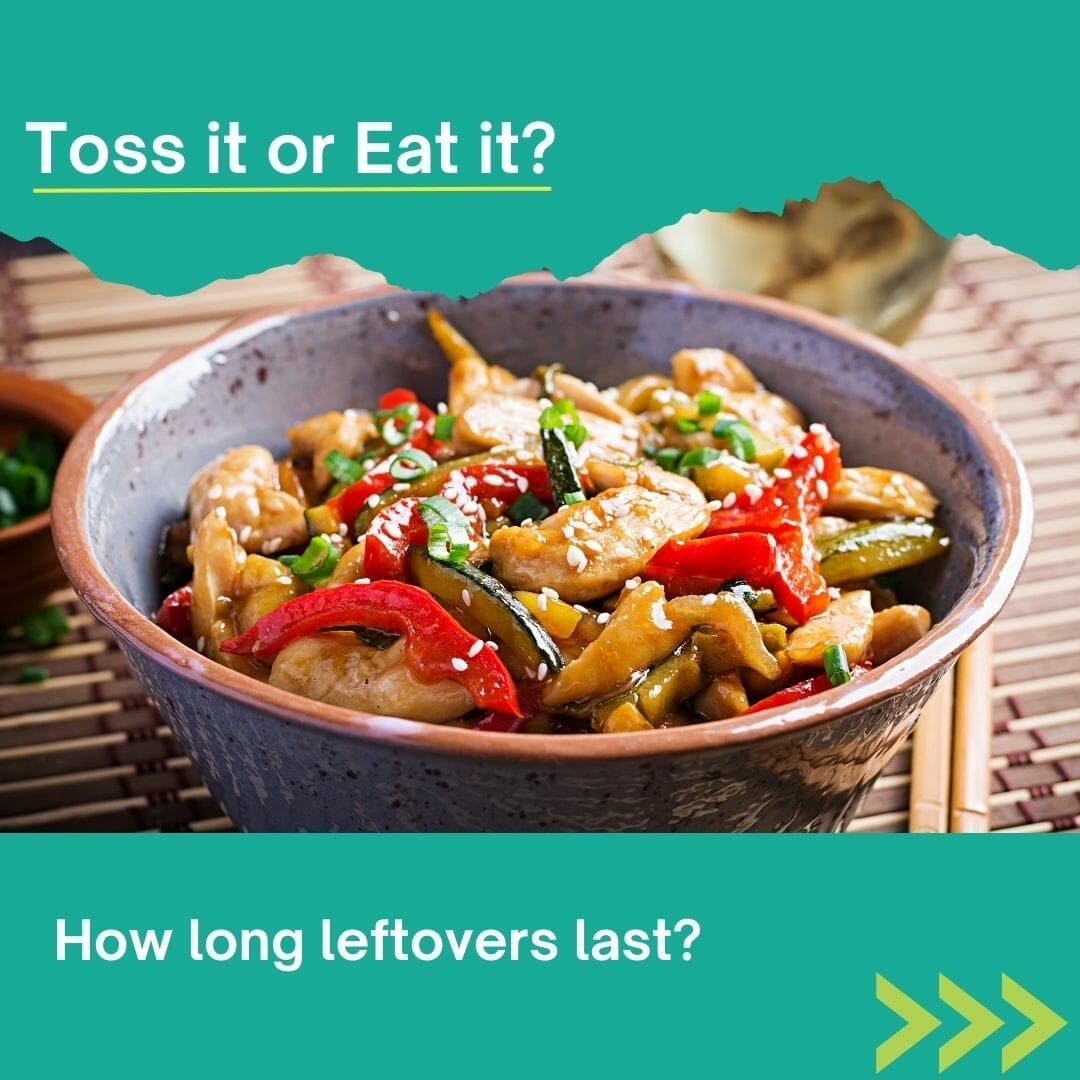Eat It or Toss It – How to decide if food is safe to eat?
How do you decide if food in your fridge, freezer or cupboard is safe to eat? The more you know about food and what factors to be aware of, the better equipped you are to make that decision. In an effort to help you make informed decisions about whether food is safe to eat, here’s what I recommend followed by an explanation of why no one is willing to make the decision for you.
Read more: How to Store Food, Meal Plan to Save $$ and Reduce Waste, How to Reduce Food Waste at Home.
Why Isn’t there a Food Safety Date
Best Before Dates, as clearly stated by the Canada Food Inspection Agency, are an indicator of food quality not food safety. It will give you the manufacturer’s best guess as to when the taste, texture, quality and nutrients may begin to deteriorate, it won’t tell you if food is safe to eat or not. And even that date has no regulated standard for how it is set – it is left to the manufacturer to decide.
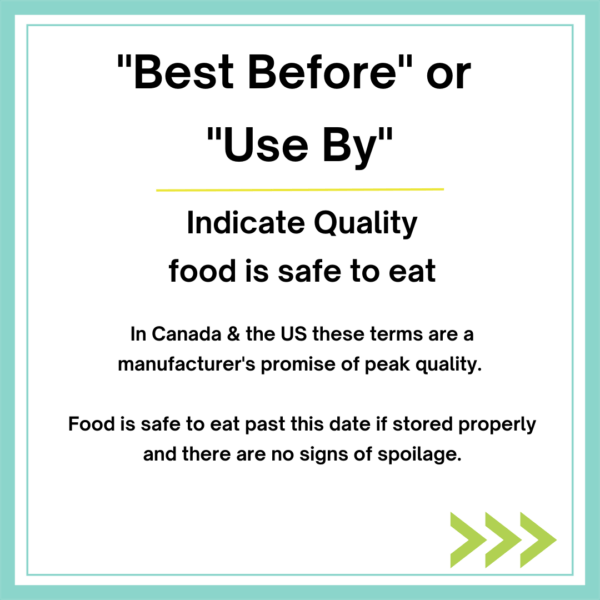
So when you’re looking at that tub of yogurt, that half jar of spaghetti sauce or that ancient can of whatever in your cupboard how do you know whether or not its safe to eat? How did people make these decisions before Best Before Dates, which made their debut in the 1970’s (used by grocers as an inventory management tool as early as the 1950’s)?
No one can provide you a specific answer. It’s a decision only you can make based on information about your food product that only you know. And like everyone else, I recommend that if you don’t have confidence in that food, err on the side of caution and toss it out.
The fact is food is an organic material that is subject to all sorts of variables. Even if we could create a formula based on precise time, temperature, light, humidity, oxygen exposure, etc. we could never factor in how one household interacts with their food compared to another. For example, do you put milk out on the table at breakfast time or do you use it and put it right back, does someone drink from the carton (I’ve heard this happens!), do you store it in the door or on the middle shelf toward the back, did you have a long or short trip to and from the grocery store, how hot was it, did you make any stops? Every household is different. There are too many unknowns for anyone to definitively say your milk will go bad in 53 hours past the best before date.
Looking for more Best Before Date info?
Read more. Here’s another full article to arm you with the skills you need to decide safely, every time.
Lets Put Our Knowledge to the Test
With all this information at hand, let’s see how it works in real life. I checked my fridge and pantry for food close or past their Best Before Dates. Let’s see what I should Toss or Eat.
It’s your judgement call. It’s your tolerance level. It’s your food. It’s your decision. The more you know, the better you’ll be able to make those decisions.
Sign up to get articles by Getty delivered to your inbox. You’ll get recipes, practical tips and great food information like this. Getty is a Professional Home Economist, speaker and writer putting good food on tables and agendas. She is the author of Manitoba’s best-selling Prairie Fruit Cookbook, Founder of Fruit Share, a mom and veggie gardener.


